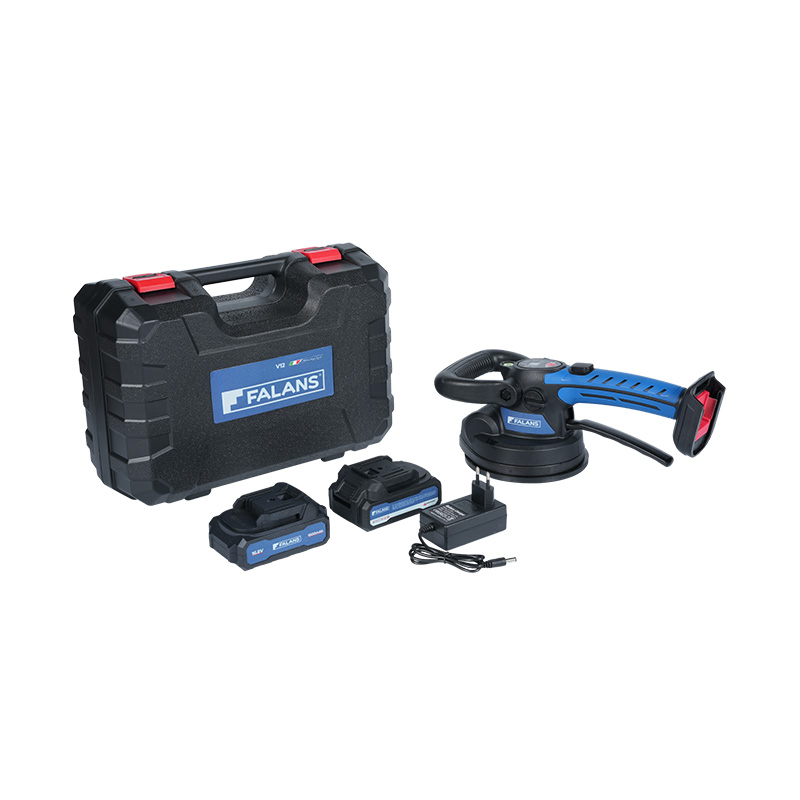
Tile vibrating pavers have become a common choice in both residential and commercial construction. Known for their efficiency in compacting concrete tiles and ensuring uniformity, these machines can simplify paving projects. However, when it comes to outdoor applications, questions often arise regarding their suitability and effectiveness.
1. Understanding Tile Vibrating Pavers
A Tile Vibrating Paver is a machine designed to vibrate and compact concrete tiles or paving blocks during production or installation. The vibration helps eliminate air pockets, ensuring that the tiles are dense, durable, and uniform in shape. While these pavers are commonly used in factories to produce tiles, they can also be applied on-site to stabilize tiles during outdoor laying, depending on the project's scale and requirements.
2. Advantages for Outdoor Use
Using Tile Vibrating Pavers in outdoor projects offers several benefits. ly, vibration ensures that tiles are firmly seated, reducing the risk of uneven surfaces and improving load-bearing capacity. This is particularly useful for driveways, patios, walkways, and other high-traffic areas. Secondly, compacted tiles resist water infiltration and cracking, which is essential for outdoor durability. Finally, consistent vibration can speed up installation, allowing contractors to complete projects more efficiently without sacrificing quality.
3. Types of Outdoor Projects
Tile Vibrating Pavers can be applied in various outdoor projects, including:
The versatility of these pavers makes them suitable for both small-scale home projects and large municipal works.
4. Key Considerations for Outdoor Use
While Tile Vibrating Pavers can be effective outdoors, there are important factors to consider. The ground foundation must be properly prepared to support vibration and prevent settling. Drainage is also crucial, as water accumulation can weaken compacted tiles over time. Additionally, operators must choose the right vibration intensity and duration to avoid over-compaction or damage to tiles, especially for delicate or decorative surfaces. Proper operator training ensures consistent and safe results.
5. Weather and Environmental Factors
Outdoor projects expose tiles to weather variations, including rain, frost, and heat. Tile Vibrating Pavers can help mitigate some environmental impacts by ensuring that tiles are densely packed, but additional precautions such as curing and protective coatings may be necessary. Monitoring the installation environment and adjusting techniques based on temperature and humidity helps achieve long-lasting results.
6. Maintenance and Efficiency
For contractors using Tile Vibrating Pavers outdoors, maintenance is essential to maintain efficiency. Regular cleaning and lubrication of moving parts prevent wear and tear. Choosing durable, weather-resistant equipment ensures that the paver can operate reliably under outdoor conditions. Routine inspection before and after use prolongs machine life and ensures that outdoor projects proceed without unexpected delays.
Tile Vibrating Pavers can indeed be used for outdoor projects, from residential patios to commercial paving areas. By compacting tiles evenly and enhancing stability, these machines contribute to durable, safe, and visually appealing surfaces. Successful outdoor use depends on proper ground preparation, weather considerations, correct operation, and routine maintenance. When these factors are addressed, Tile Vibrating Pavers provide a practical solution for efficient and high-quality outdoor paving projects.


 English
English русский
русский Español
Español italiano
italiano